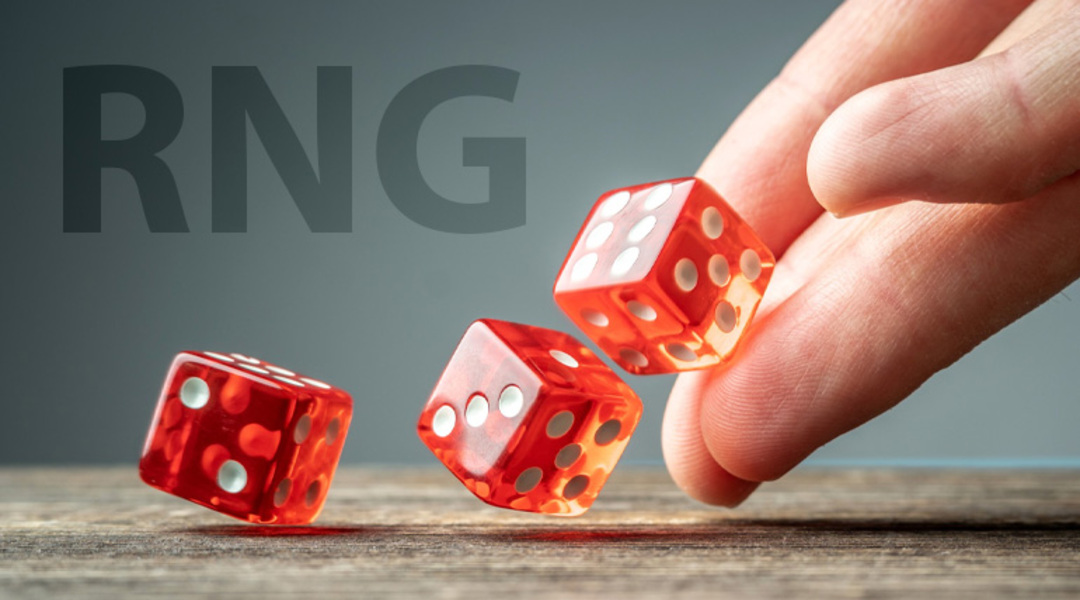Understanding the Role of Random Number Generators in Online Casinos

Online gambling has witnessed exponential growth over the past decade, with millions of players engaging in casino games worldwide. One of the most crucial components ensuring fairness and transparency in digital gambling is the random number generator (RNG). This sophisticated technology is responsible for creating random and unpredictable outcomes in games, safeguarding players from manipulation and ensuring fair play.
What Is a Random Number Generator?
A random number generator (RNG) is a specialized software tool used to produce random results for games such as slots in casinos, roulette, blackjack, and poker. The primary objective of an RNG tool is to mimic the randomness found in traditional, land-based casinos. Since there is no physical dealer or spinning wheel in digital gaming, an algorithm must generate results that are as close to real-life randomness as possible.
There are two main types of RNGs used in online casinos:
- True Random Number Generators (TRNGs): These rely on physical processes such as radioactive decay or thermal noise to generate randomness. However, TRNGs are rarely used in online casinos due to their complexity and the need for specialized hardware.
- Pseudo-Random Number Generators (PRNGs): Most online casinos use PRNGs, which rely on complex mathematical formulas and seed numbers to produce seemingly random results. PRNGs do not require external input but use an initial value (seed) to generate sequences of numbers that appear random.
How RNGs Work in Online Casinos
A randomization algorithm governs the RNG, ensuring that the generated numbers are unpredictable and non-repeatable. The system begins with seed generation, where the RNG starts with a seed number often derived from unpredictable variables such as system time. Following this, a mathematical formula applies transformations to the seed, generating a sequence of numbers that determine game outcomes.
These outcomes correspond to specific events in casino games, such as a slot reel combination or a roulette wheel landing spot. The algorithm continuously cycles, producing new numbers even when no active gameplay is occurring. The sophistication of these systems ensures fairness, preventing both players and operators from predicting or manipulating results.
Fairness and Certification of RNGs
To ensure reliability and transparency, independent testing agencies rigorously evaluate RNGs before an online casino receives a gaming license. Some of the most reputable certification bodies include:
- eCOGRA (eCommerce Online Gaming Regulation and Assurance)
- iTech Labs
- Gaming Laboratories International (GLI)
- Technical Systems Testing (TST)
These agencies assess whether an online casino’s randomization algorithm produces truly unpredictable results. They perform millions of test runs, applying statistical analysis to detect biases or patterns. If an RNG passes these tests, it is certified and deemed fair for use in online gambling.
| Testing Method | Purpose |
|---|---|
| Chi-Square Test | Evaluates distribution randomness |
| Monte Carlo Simulations | Simulates extensive game scenarios |
| Spectral Test | Analyzes periodicity and pattern presence |
| Kolmogorov-Smirnov Test | Measures uniformity of output sequences |
The Importance of RNGs in Different Casino Games

RNGs are vital across various types of online casino games. Their role varies depending on the nature of the game. Online slots heavily rely on RNG tools to determine reel positions and symbols. Each spin is independent of the previous one, meaning past outcomes have no influence on future results.
RNGs also play a crucial role in table games such as roulette, blackjack, video slots and poker. In roulette, they simulate the spinning wheel, ensuring unbiased number selection. In blackjack, the deck shuffle is randomized digitally, preventing card-counting strategies. In poker, RNGs shuffle the deck before each deal, maintaining fairness.
Common Myths and Misconceptions About RNGs
Despite their rigorous testing and certification, RNGs are often subject to skepticism. Here are some common myths debunked:
- “Online casinos can rig the RNG to make players lose.” Certified casinos operate under strict regulatory guidelines. RNGs are tested regularly to ensure fairness.
- “Hot and cold streaks mean the RNG is biased.” RNGs do not recognize past results; each spin or deal is independent.
- “Winning patterns can be predicted.” Due to complex algorithms and vast number sequences, predicting outcomes is virtually impossible.
Ensuring a Fair Gaming Experience
While RNGs guarantee fair gameplay, players can take extra steps to ensure they are playing in a secure environment:
- Choose licensed casinos with verified RNG certifications.
- Check third-party audits from agencies like eCOGRA or GLI.
- Understand return-to-player (RTP) percentages, which indicate how much a game pays out over time.
- Avoid unregulated casinos, which may use manipulated RNGs.
Key Takeaways:
- The random number generator (RNG) is the backbone of fair online casino gaming.
- Independent agencies rigorously test and certify RNGs.
- RNGs ensure random, unpredictable, and unbiased results.
- Myths about RNGs being rigged stem from misunderstanding randomness.
- Players should always verify a casino’s RNG certification and licensing before gambling.
Final Thoughts
The RNG tool plays a crucial role in making online gambling a fair and trustworthy industry. As technology evolves, so do the methods used to enhance and test randomization algorithms. While players may not always understand the complexities behind these systems, knowing that third-party regulators oversee and test RNGs provides peace of mind. The next time you spin the reels or place a bet, you can do so with confidence, knowing that luck—not manipulation—determines the outcome.
